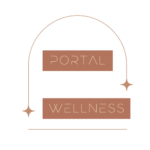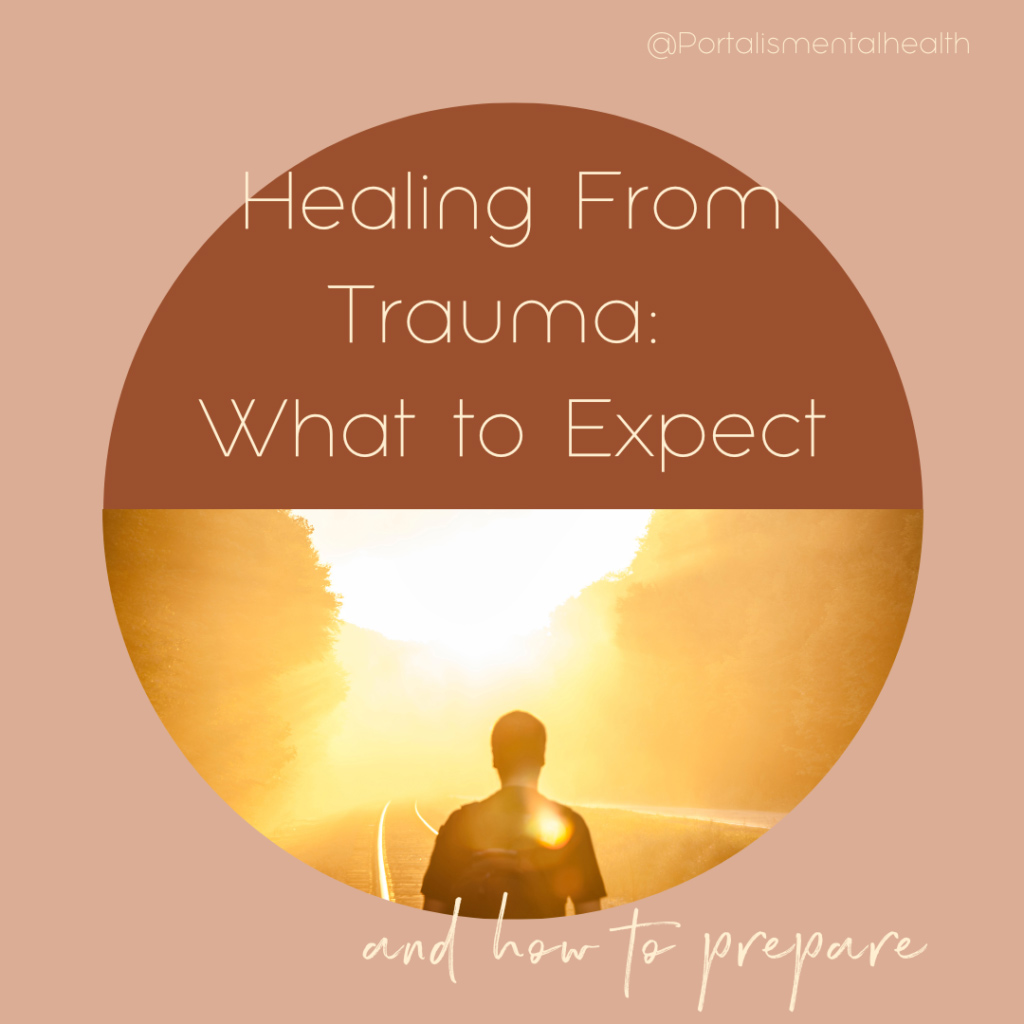Making the decision to heal from trauma is a big and ultimately life changing journey. Congratulations, we are so glad you are here. It is so necessary and important, for your wellbeing and for others too!
You were drawn to this trauma healing journey for a reason…you want things to be different.
But before you jump headfirst (or just dip a toe) its important to take a moment to understand what you might expect. Here are some things to consider and prepare in order to get the most out of trauma healing.1. Solidify Why Healing From Trauma is Important
Why did you begin this journey? What prompted you to take initiative around healing? Maybe you are tired of experiencing such intense symptoms. Maybe you want to connect more deeply with others or yourself. Perhaps you want to understand your self and your life better. Whatever it is, hone in on why this is so important to you, see if you can dig deep and get to the core “why” of what brings you to this work. Ask yourself “what is at stake if I don’t address this?” and “how will you know if things are improving?” Starting our journey with self inquiry about our motivation, vision and expectations for our journey is important in helping us stay committed when the work gets hard or painful.EXAMPLE:
Why is this important to me? – I want to have healthier and more meaningful relationships. I want to feel as though I am thriving and not just surviving. I want to stop living from a place of reactivity and start living from a place of intentionality. What is at stake if I don’t address this? – I will continue to feel anxious and lonely in my relationships. I will continue to wonder “what if” and feel stuck in survival mode, which is unsustainable for me. I will have less quality of life. How will I know if things are working? – I will feel better about myself. I will be excited about things in my life and feel connected to my partners. I will feel more confident in making choices and decisions.2. Evaluate your Expectations for Trauma Healing
We can end up loosing motivation, feeling disappointed or discouraged or even feeling as though something is inherently wrong with us when our expectations of healing don’t meet the reality. Seeing yourself as a project to be fixed with deadline and outcome can be damaging. Healing and wellness look different for everyone. It is important to ask ourselves what we think healing will look and feel like, and check in with ourselves around if that feels realistic. Often we inhabit a “fantasy” of healing telling ourselves that everything will be better when we “have healed” that we will no longer suffer, or that it will allow us a vision of perfection.Here are some things to consider when we talk about “healing”
Healing does NOT mean or look like:- Achieving your idea of the perfect – body, relationship, job…etc.
- Feeling good all the time, or never experiencing pain, suffering, rejection, hurt, dysfunction…etc.
- Optimizing your functioning in non functional environments
- Experiencing healthier connections to yourself and others
- Loving and accepting parts of yourself you feel are unlovable
- Trusting yourself to navigate difficult experiences and emotions
- Treating yourself with compassion and dignity in the face of heartbreak, shame, loss…etc.
- Experiencing joy, pleasure, fulfillment, and purpose more frequently and fully
- Experiencing more fully the human range of experiences and emotions
- Finding balance in honoring yourself as well as others
3. Anticipate What Might Come Up During Healing From Trauma
Healing can hit you like a ton of bricks or a brilliant and sudden insight…or it can seep in slowly and softly over time. Healing comes in waves, some are euphoric and some are hellish. Typically you will hear therapists say that things can get worse before they get better as you begin to unpack and address past trauma. This is why having a therapist who you connect well with and can provide a safe container to do so, is essential to trauma work.Here are some things you can expect might come up:
- Avoidance
- Feeling raw
- Mix of emotions
- Tired
- Needing time
- Grieving
- Anger
- Resurgence of difficult emotions and maladaptive thoughts/coping skills
- Life decisions, shifts, and re-alignment
- Relief
- Release
- New ways forward
- Empowerment and confidence
- Identity shifts
- New Skills, frameworks, and communication tools
4. Plan For Challenges While Healing From Trauma
Knowing that avoidance and raw emotions can come up it is important to make a plan for how you are going to navigate obstacles in this journey. Here are some ideas about how to support yourself when resistance or avoidance comes up.- Make a plan for your journey, keep it simple and realistic. How do you plan to address your trauma? This looks like creating a plan with a therapist for goals and how often you will meet, maybe pursuing group therapy, creating a reading list, making an intention and plan to journal..etc.
- Anticipate and plan for challenges. What type of challenges do you think you might run into? What do you think will support you the most when you are avoidant? What about when it feels overwhelming? This looks like having a care plan (detailed below), enlisting support, knowing when you need to push and when you need to ease off (therapists can help you tease this out too).
- Enlist Support. Having the right kind of support is extremely helpful. Having a therapist who can encourage you as well as friends who can process and help hold you accountable to yourself. It can be scary to reach out and bring others into our healing journey, and yet it is also one of the most powerful tools for healing we have. Who can you enlist for support? If you can’t think of anyone in your personal life, consider seeking out a therapeutic group who can support you in this.
- Record you progress. Sometimes when things get hard it feels difficult to remember the progress that we have made. Take time to journal, track or create tools for recording the work you are doing and the progress you are making. Looking back at this helps give us motivation when things get tough as well as gives us insight into our own process. Which brings me to..
- Reflect and Review. Sometimes we need reminders of our insights and skills. Reflecting on how far we have come gives us strength to keep going and can help us remember helpful insights we might have forgotten about.
- Create a Care Plan. It is important to have a plan in place for how to care for yourself and how you would like to be cared for during this process. Here are some things to consider when creating a care plan:
- What are potential Triggers?
- What are skills/tools that you can use when triggered or activated?
- What are the emotions/behaviors/thought patterns that indicate I am struggling?
- When do I need to ask for help?
- What do I most feel supported by? How do I want to be supported by others?
- Who can I reach out to when I am struggling?
- What are preventative strategies that help me from spiraling?
- What are my favorite activities and coping skills?
- What are mantras that help remind me of important skills and beliefs?
Now That You Have:
- Solidified why this is important to you
- Evaluated your expectations
- Looked at what might come up
- Planned for Challenges AND
- Created a Care Plan




2 Responses